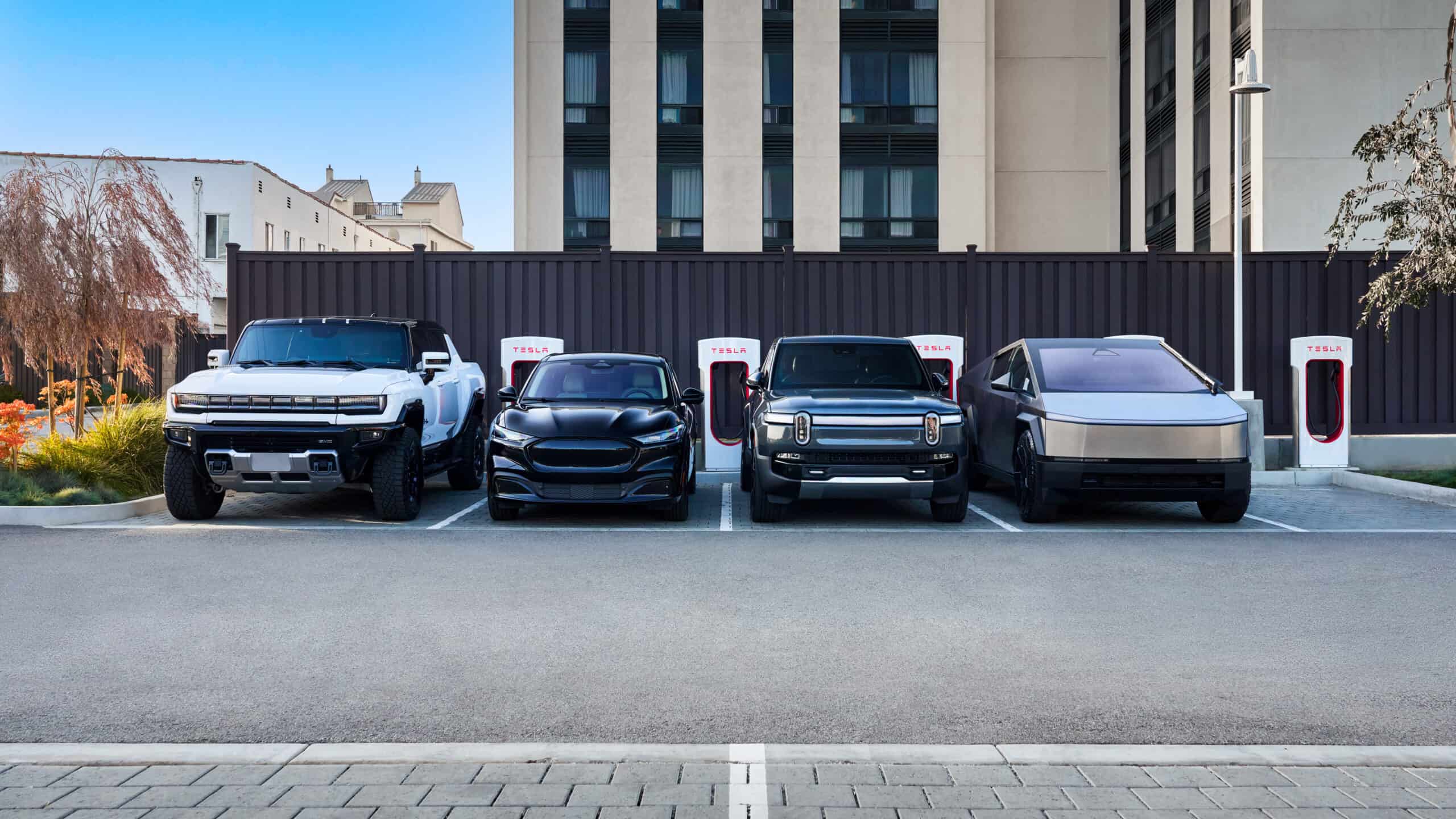U.S. Electric and Hybrid Vehicle Sales Hit Record in Q3 2024

Electric and hybrid vehicles continued their climb in popularity, making up 19.6% of new light-duty vehicle sales in the U.S. during Q3 2024, according to Wards Intelligence. This is up from 19.1% in the previous quarter, driven by record hybrid vehicle sales, which now account for 10.8% of the market.
Key Highlights
- Hybrid Vehicles Lead Growth: Hybrids hit their highest market share ever at 10.8%, while battery electric vehicle market share dipped slightly from 7.4% in Q2 to 7.0% in Q3.
- Luxury Dominates Battery Electric Vehicle Sales: Battery electric vehicles are still popular in the luxury market, making up 35.8% of luxury vehicle sales. However, mainstream adoption is growing, with luxury battery electric vehicles dropping to their lowest share of total battery electric vehicle sales since 2017.
- Tesla Leads, But Share Declines: Tesla remains the top battery electric vehicle brand with a 48.8% market share, though this marks the second straight quarter under 50%. The new Cybertruck outsold all other electric trucks in its debut, boosting Tesla’s sales.
- Chevrolet Climbs the Rankings: Chevrolet moved into third place in battery electric vehicle market share, thanks to the new Equinox and strong sales of the Blazer, overtaking Hyundai. Ford held second place but saw its share shrink to 6.9%.

BEV Costs and Incentives
The average price for a battery electric vehicle in Q3 was $56,351, about 16% higher than the industry average. Federal tax incentives remain a key factor, but strict requirements for U.S.-based manufacturing and battery components can limit eligibility. Leasing offers more flexibility, as it has fewer restrictions under the commercial clean vehicle credit, allowing more EV models to qualify.
Where Battery Electric Vehicles Are Made
Most battery electric vehicles sold in the U.S. are made in North America (78.9%), with 7.3% from South Korea and 5.3% from Germany. However, not all North American-made vehicles qualify for federal tax credits without meeting additional component requirements.
The Road Ahead
Hybrid vehicles are proving to be a gateway to electrification for many buyers, while battery-electric vehicles continue to make strides outside the luxury segment. With new models, competitive pricing, and leasing incentives, the transition to electric vehicles in the U.S. is steadily accelerating.
